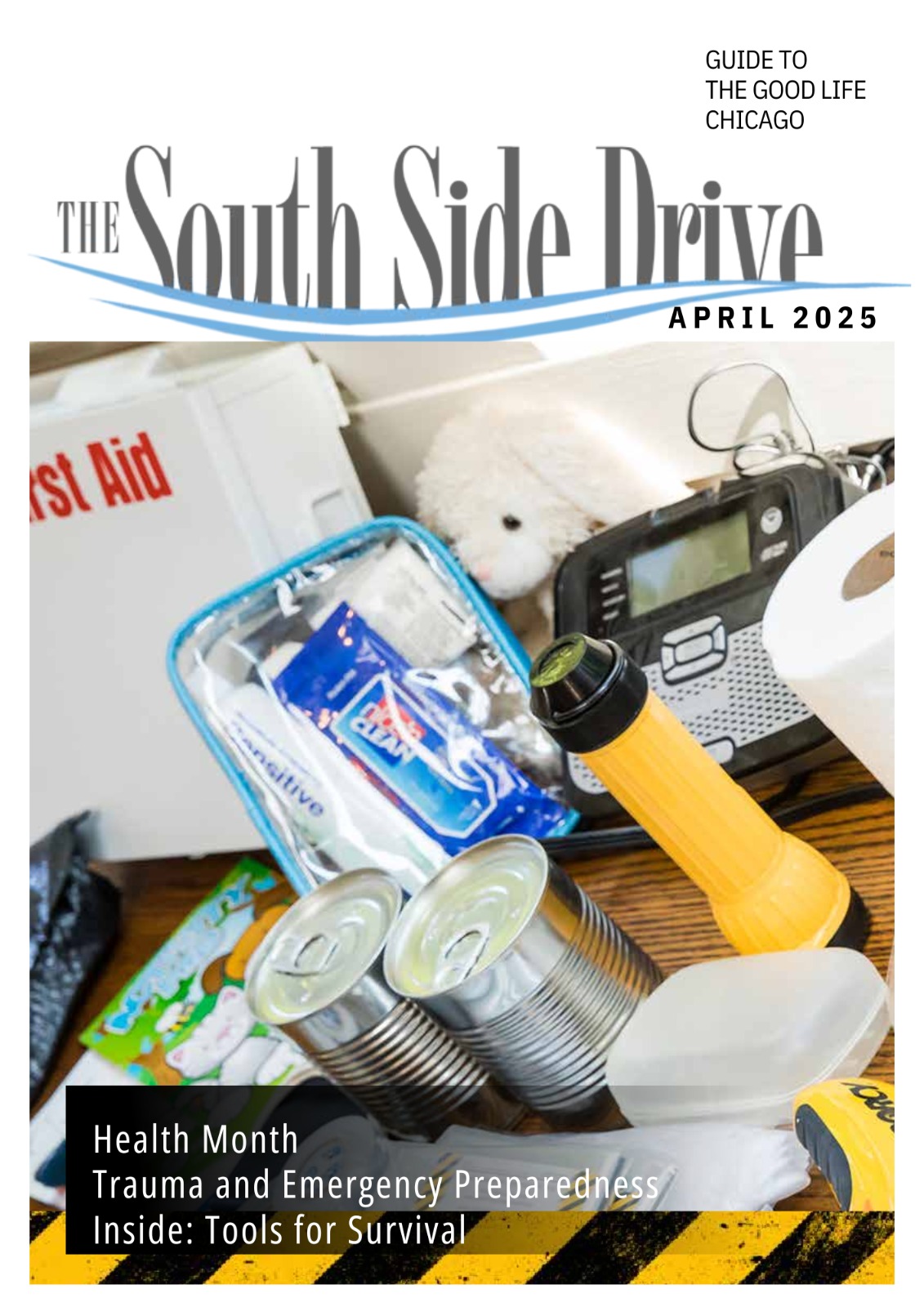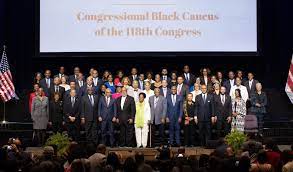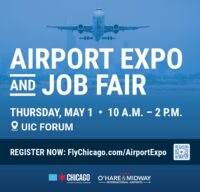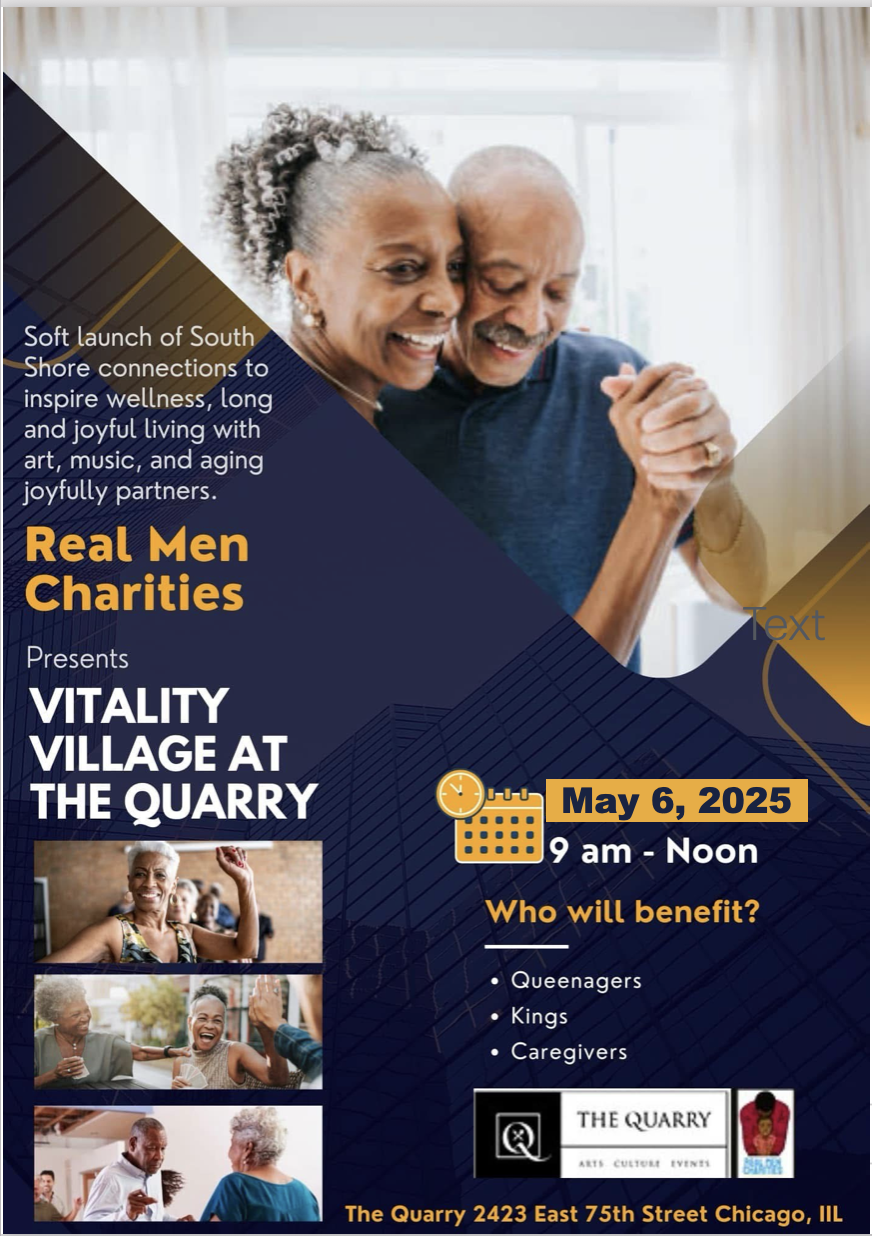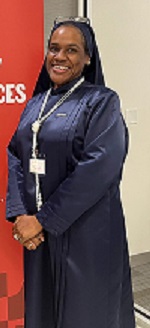It looks like Chicago may finally have something we’ve wanted and needed in a Chicago Police Department Superintendent – a veteran of the police force with both deep, long standing to Chicago’s neighborhoods AND the respect of the department’s rank-&-file officers. By now many of you reading this may already know about Mayor Brandon Johnson’s appointment of Larry Snelling, Chief of CPD’s counter-terrorism unit, to become the new Superintendent, a much-anticipated move made official in a press conference held at City Hall on August 13.
Introducing Superintendent Snelling to the assembled news media, Mayor Johnson called him a “proven leader who knows and holds dear the values of Chicago . . . who has the ability to boost morale and get the trust of the rank and file”. This sentiment was verified by Snelling’s own words: “What does community policing actually look like? Every officer will be a ‘community police officer’. We want our officers to build trust.”
The Mayor and Superintendent Snelling were no doubt pleasantly surprised to see that FOP President Catanzara, via a You Tube video, congratulated the new Superintendent stating, “We can start a new chapter with somebody who understands the men and women of this department, what they need, what’s important and help boost morale,”
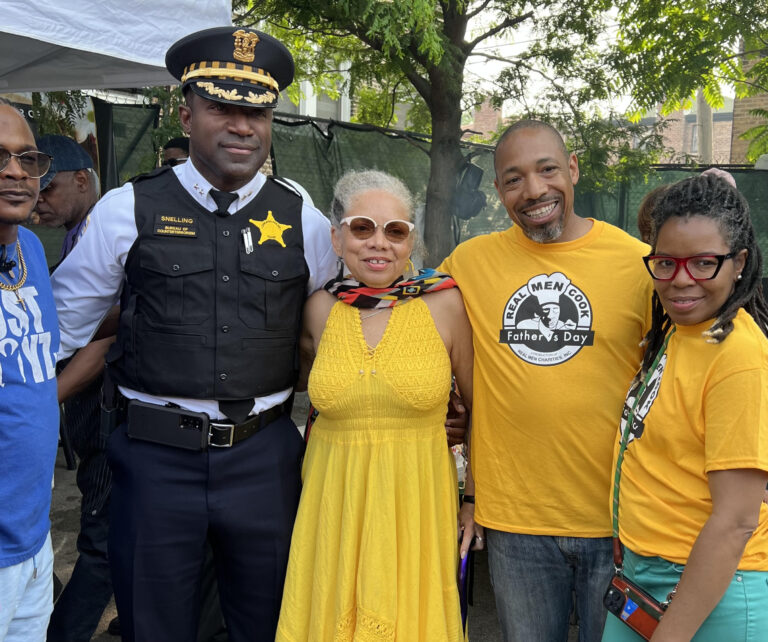
Superintendent Snelling acknowledged Interim Superintendent, Fred Waller not only for stepping in as interim Superintendent, but as a long-time mentor who “saw some things in me I didn’t see in myself.” Snelling added that when he became District 007 Commander (that includes Englewood) Waller “never doubted me”.
This “son of Englewood” seems to have wide support among community organizers and groups in the neighborhood in which he grew up. He graduated from Englewood High School, and later started as a patrol officer in 1992. As Snelling rose through the ranks of the Chicago Police Department his service in Englewood’s District 007 (first as a watch operations lieutenant, then District Commander, and later Deputy Chief of Area 2) included building relationships with community-based groups and organizers.
“We’ve had opportunities to be in many situations with the Chief [where] he showed that compassion, he showed that empathy,” said Jospeh Williams, recently elected to the civilian District Council for District 007. He called Snelling an example of “what it looks like when you let community help lead the community but be there to assist.”
During an interview aired on local news the day of the press conference Charles McKenzie, founder of the non-profit group Englewood First Responders and self-styled “Mayor of Englewood” unashamedly wiped away tears as he watched the press conference via livestream.
“I know what type of person he (Snelling) is,” McKenzie said. “He’s from our area.”
Prior to Snelling’s introduction, Community Commission for Public Safety and Accountability Chair, Anthony Driver, Jr. told the assembled media the CCPSA reviewed 54 applicants from 11 states (“one from overseas”), held seven public hearings, directedly contacted 75 organizations including both community-based groups and law enforcement associations, and received 700 individual responses including over 250 from rank-and-file CPD officers.
Snelling gave several clues to the importance he will place in both building officer morale, something likely coming both from his time training cadets at the Chicago Police Academy and the scores of officers he’s said to have personally mentored.
“Officers see things on a daily basis that people are unaware of,” Snelling said, “they’re human beings, they have families,” and that greater focus on officer wellness means “we have to be cognizant of when we cancel days off” and how that affects officers. On a policy level, the contentious issue of how to implement the 2018 federal consent decree is a balancing act. “We don’t want to force training to make compliance,” Snelling said, but acknowledged the public “can’t believe the consent decree without true enforcement of it.” The same goes for promoting and increasing diversity; Snelling said, “merit promotions will stay . . . diversity will come by picking the most qualified people.”
Superintendent Snelling will already know his way around Chicago. “The thing that makes this (appointment) unique is he (Snelling) understands,” said Darryl Smith, president of the Englewood Political Task Force, “because he went through the same struggles we’re going through. He’s from here.”
The selection of Larry Snelling as Chicago’s new Top Cop is not just the most important appointment Mayor Johnson has made during his crucial first one hundred or so days but could also influence the political/electoral prospects for the Democratic Party on the state and national level.
Snelling doesn’t have to start by providing details on how he’ll make good on his pledge to make officer wellbeing a top priority, it will surely be a regular part of his decision-making process. But also implicit in this support for police officers on the frontlines is Snelling’s pledge that under his leadership CPD will use “the full force of government”- a government run by a declared progressive Mayor who draws support from people who expect their government to hold police accountable.
It is also hard to imagine a scenario where a Superintendent Snelling gets obstructed by the Johnson administration for anything he tries to do to achieve this perfect storm of improved officer morale and connection with community, as long as it doesn’t require funding which the City doesn’t have. The reality is there will be no magic wand to instantly erase the persistent violence we’ve unfortunately grown accustomed to. Perhaps the most accurate statement Superintendent Snelling made at the press conference was in response to keeping Chicago safe: “The police can’t do it alone. Everyone in the city has to be a stakeholder.”
